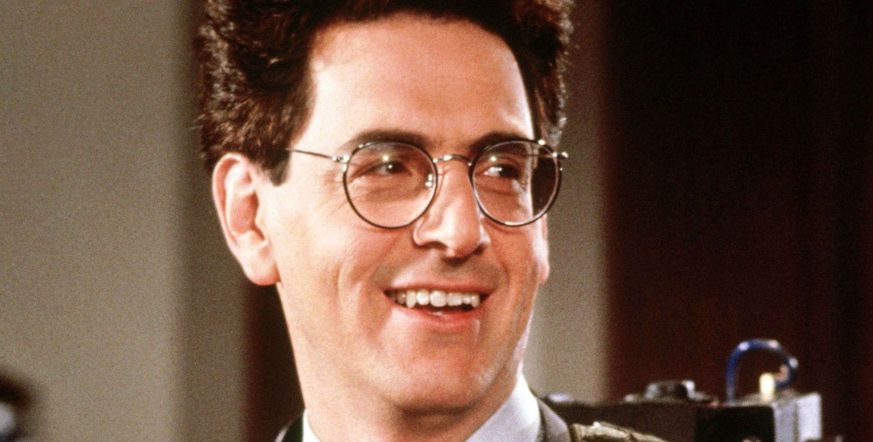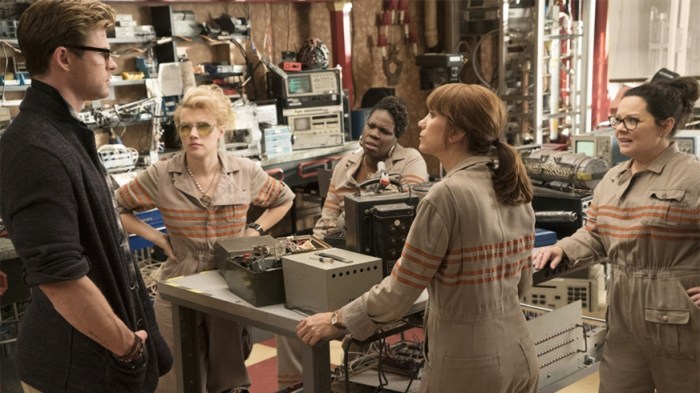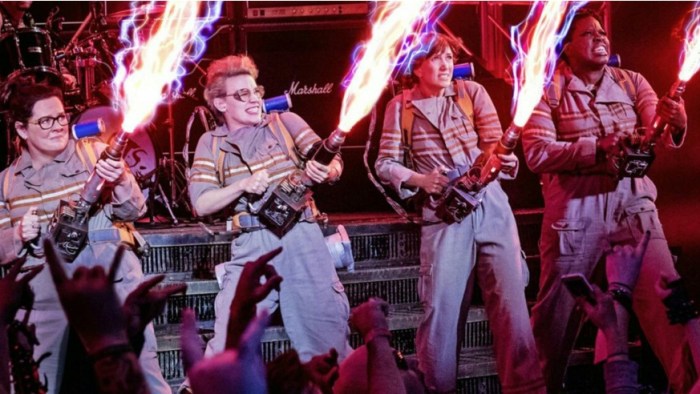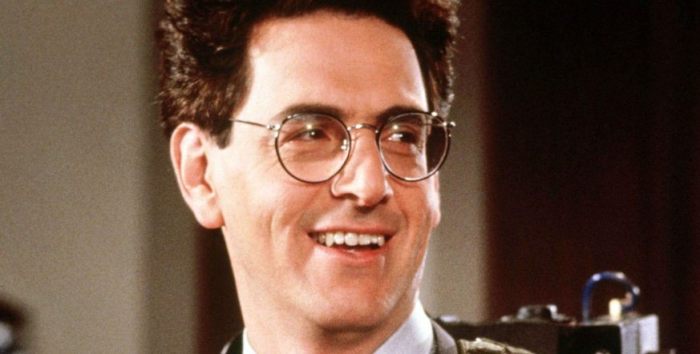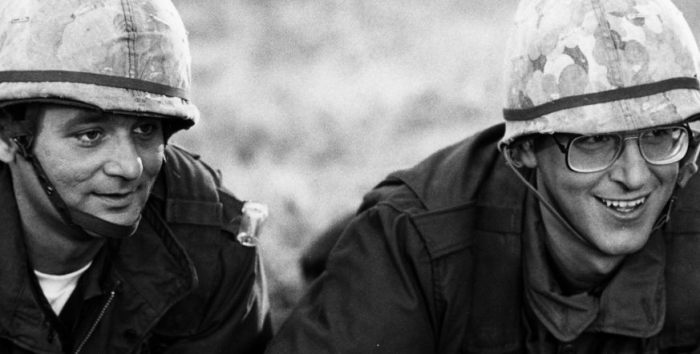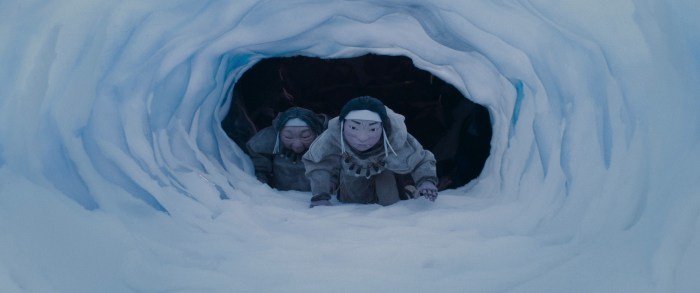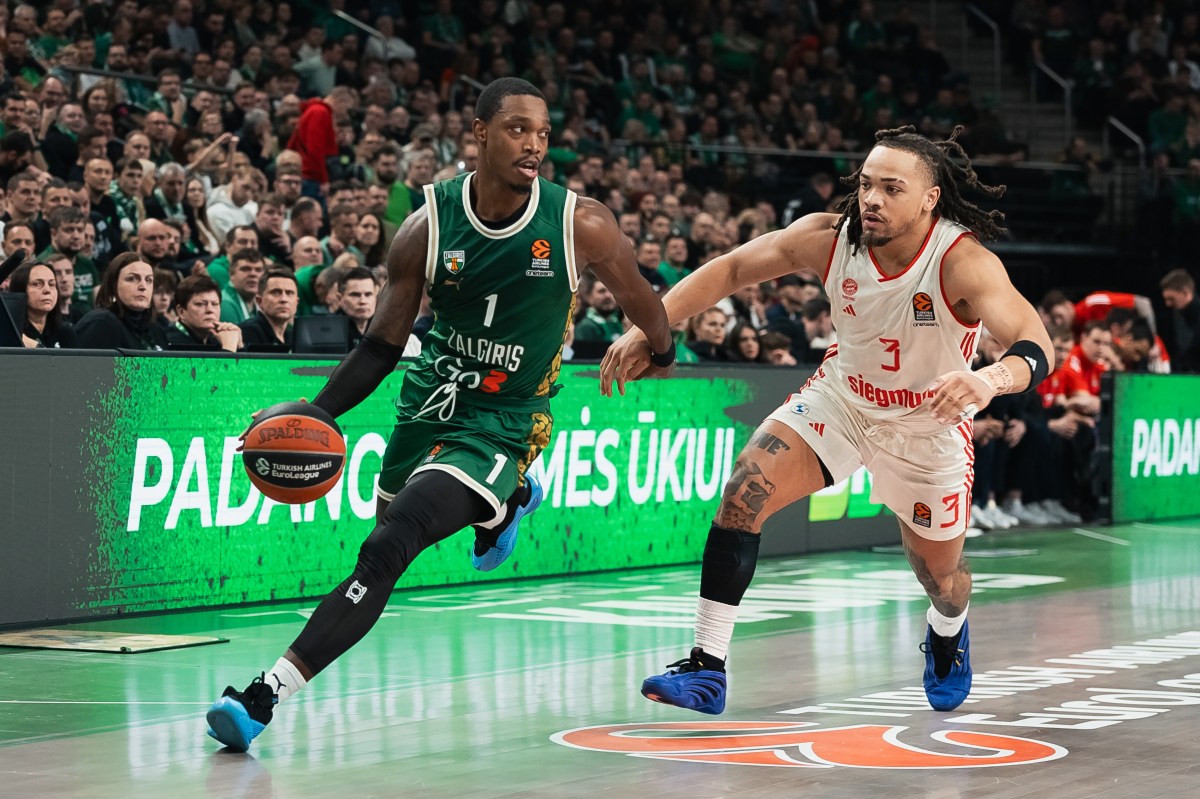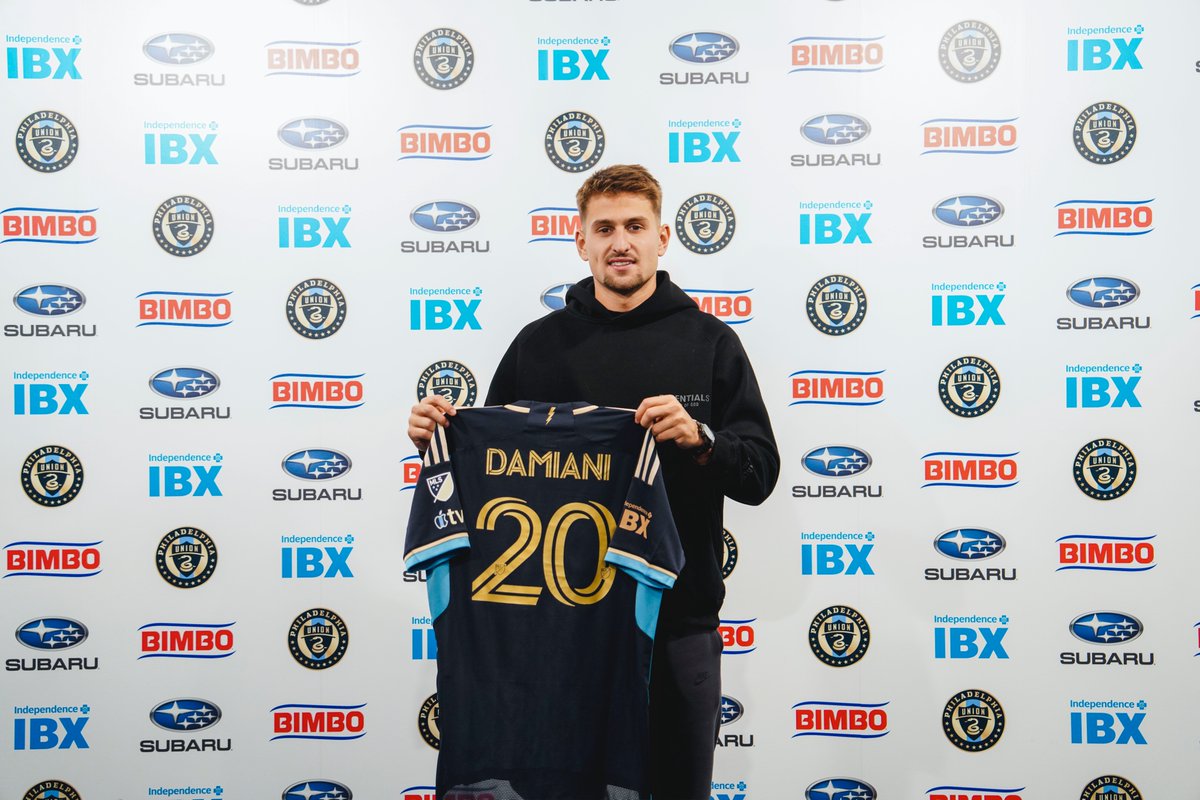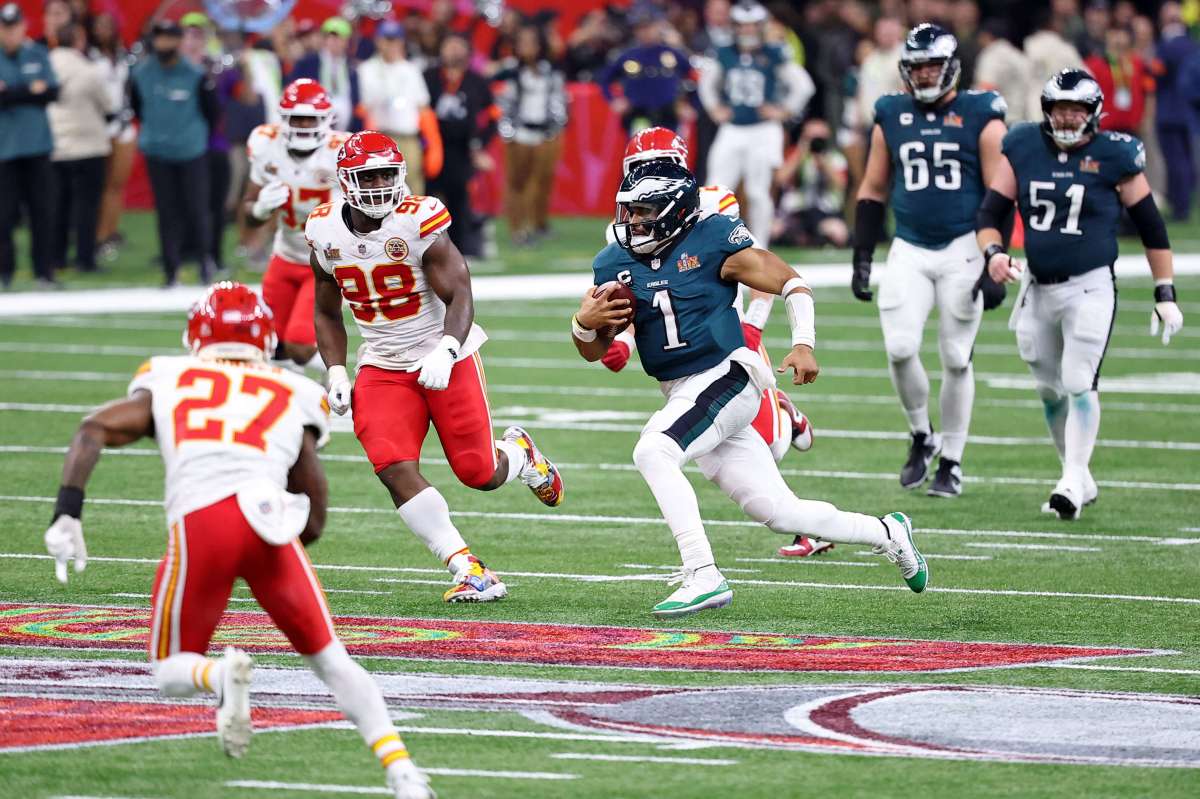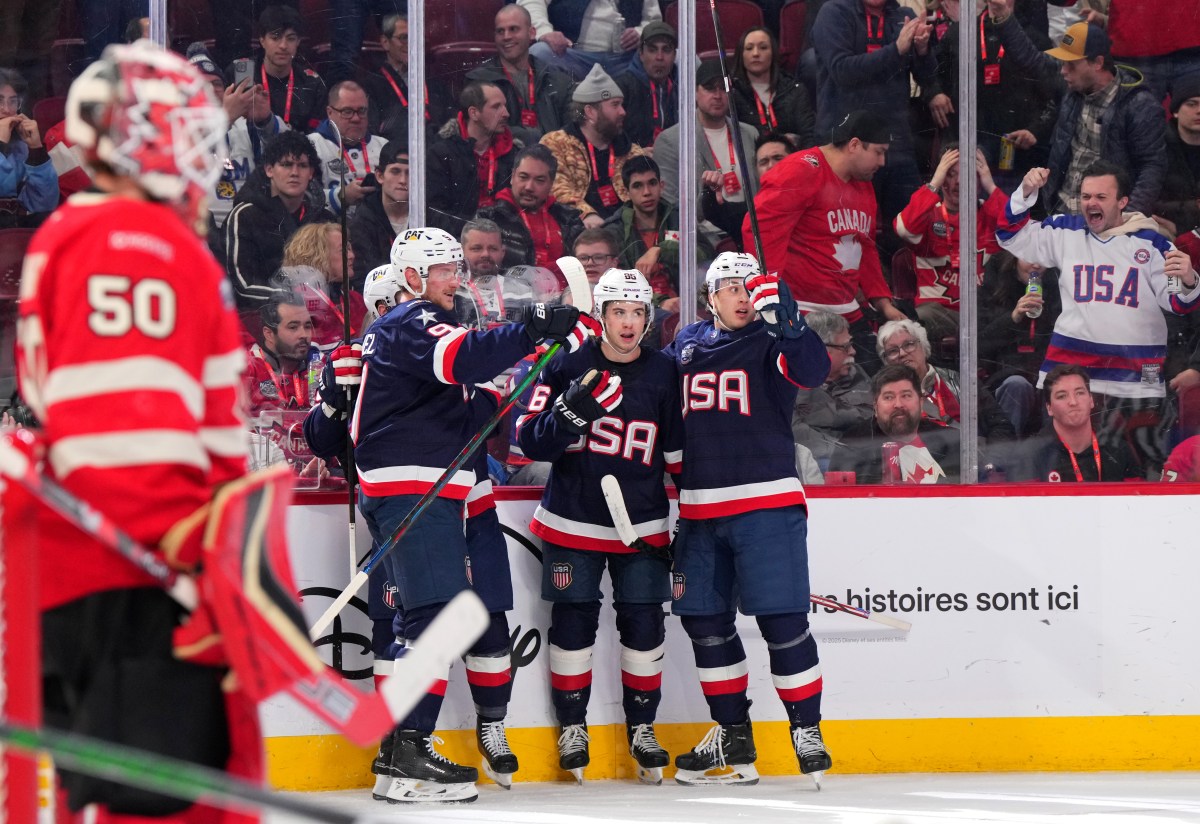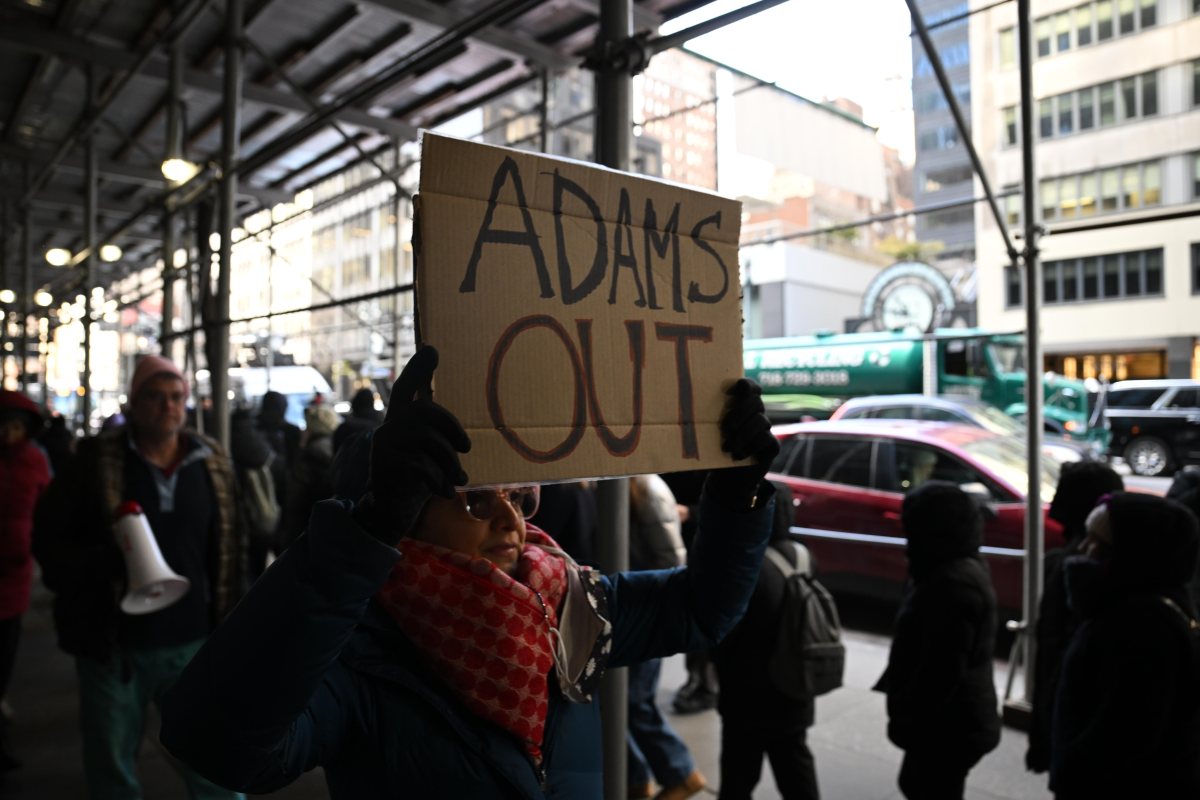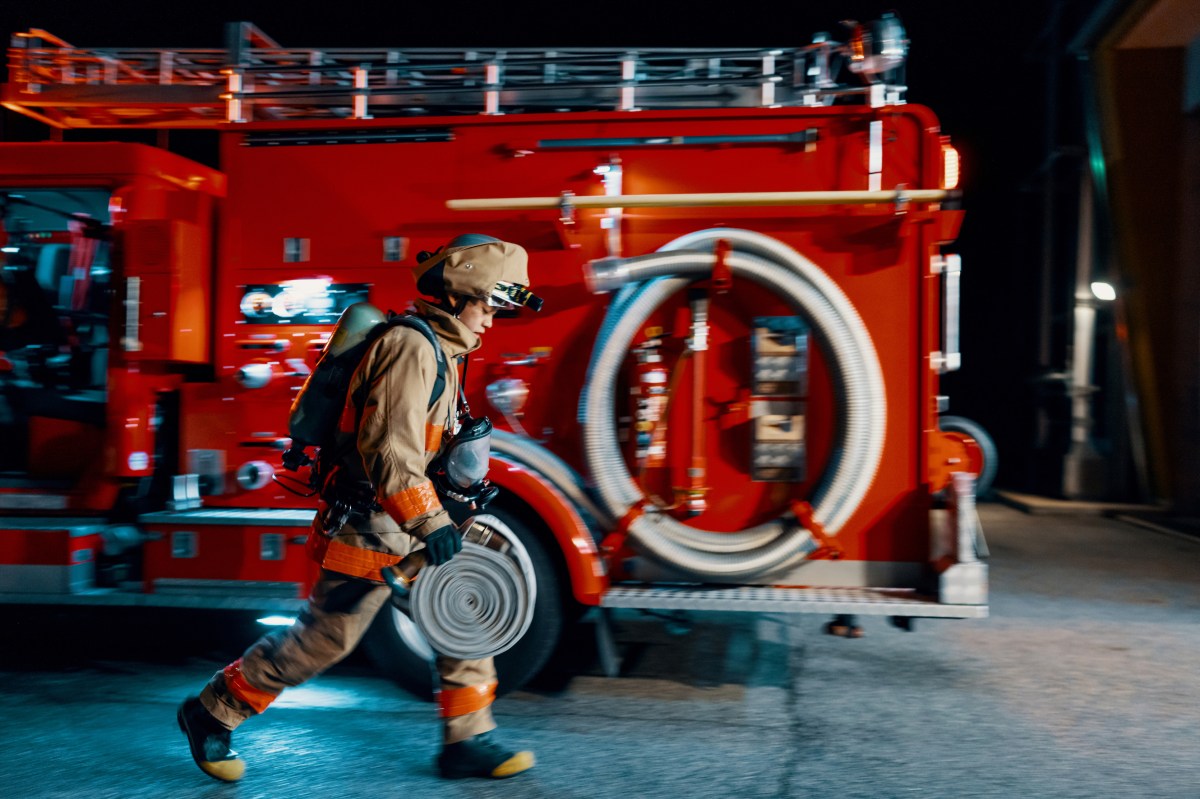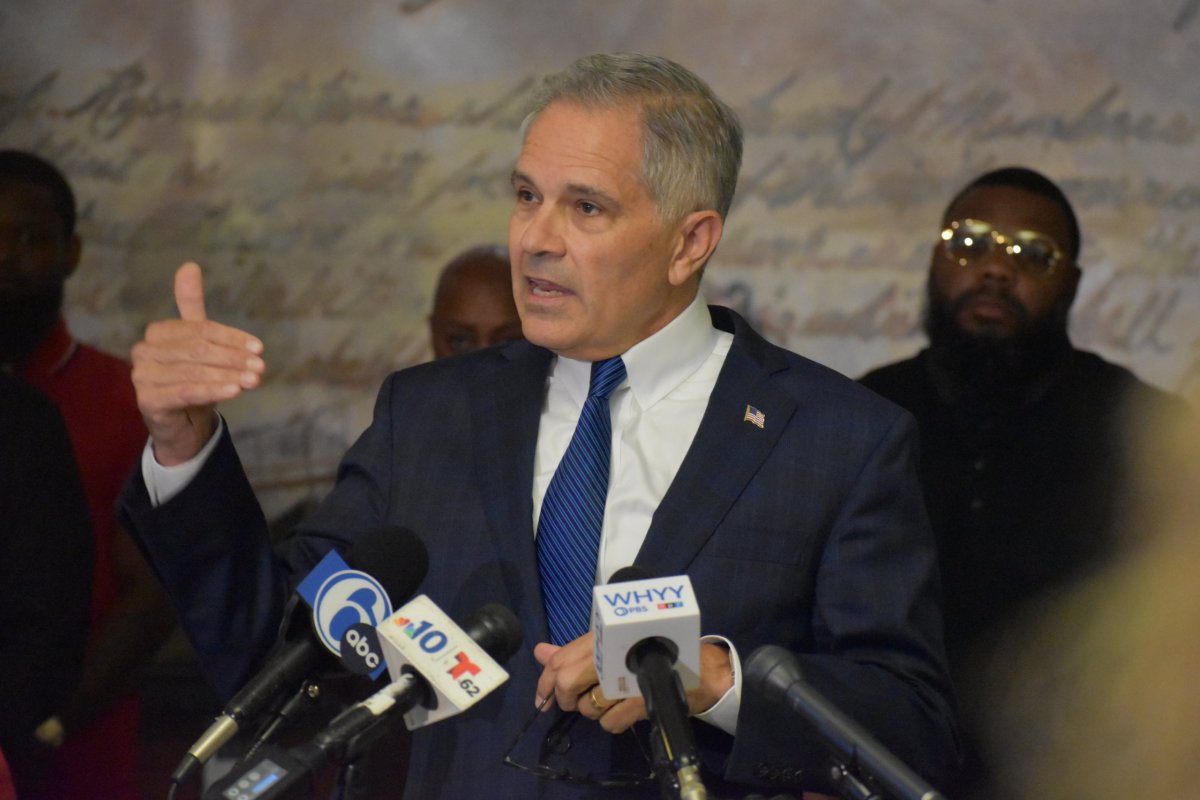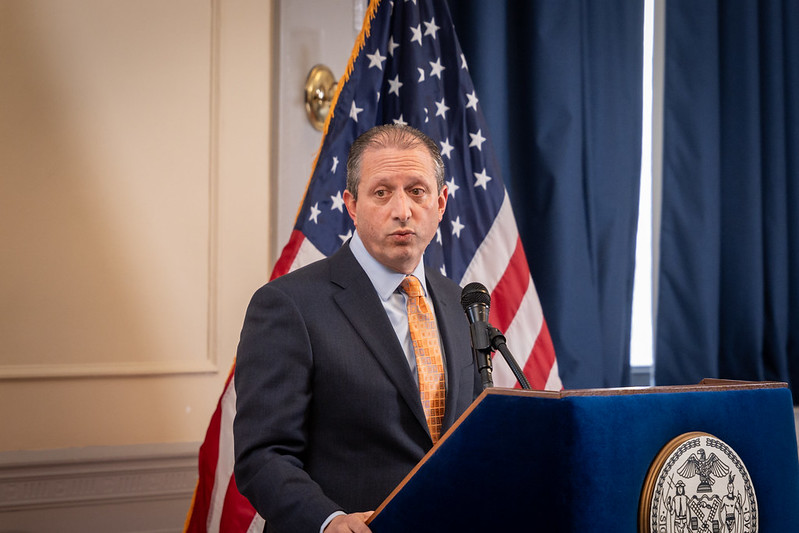Everybody loved Harold Ramis. It was impossibly not to.
Either he charmed you in person with his innate effervescence, or your adulation for the man manifested because he was the writer, director or star, sometimes all three, of “Caddyshack,” “National Lampoon’s Vacation,” “Ghostbusters,” “Groundhog Day” and “Analyze This,” to name but a few of his oeuvre.
“He was just a really grounded, warm and generous person. Those are qualities that people are drawn to. Especially in Hollywood he stood out as one of the good guys,” explains his daughter Violet, whose book on her father, “Ghostbuster’s Daughter,” breaks down their relationship.
“People identify with the characters he wrote, with the humor, too, because nothing makes people love you more than making them laugh.”
Violet had originally intended to write a variation on “Ghostbuster’s Daughter” with her father. “In 2007 my dad and I actually talked about writing a book about parenting together.”
“I had small children. He had teenage boys. I’d had a very different upbringing than they had, and I was giving my children a very different upbringing. We thought it would be good to write something about the mesh of our family.”
“We had some ideas, and had started things. We sort of coined the phrase existential parenting as our philosophy. Which leaves a lot of room. We talked around chapter ideas, whether to include experts or just our own insight and stories.”
“The truth was he was a very knowledgeable and wise person, and he was always sharing that with people around him. I don’t think we needed to have the experts.”
But Harold got sidetracked co-writing, producing, directing and starring in “Year One,” and then soon after production he became seriously ill, before he eventually died on February 24, 2014.
“So we never really had the chance to make the book. But after he had died I just felt like there was so much great material. And I wanted to remember as much of him and pass it on to my kids, and everyone who loved him.”
“Right after he died I just started writing down every memory and story I could think of. Because I didn’t want to forget them. Then I would go back and fill them out with details.”
“I realized it was its story on its own and was therapeutic for me. Because as I missed him I was able to think about him every day and immerse myself in him, but in a very positive and creative way. It was sort of a nice to be with him.”
But while Violet found solace in writing the book, not every aspect of putting it together was so comfortable.
“I think that writing about his films was a little tricky, partly because they are so beloved. I certainly didn’t want to take away from that. It was hard to walk to line between honoring his work and deconstruct them a little. The fun part was doing a lot of research and learning things that I didn’t know.”
Violet also believes that even her dad would want to change some aspects of his films in the current climate.
“It was a different time, and there are some critiques that he would have made also. We are doing a screening of ‘National Lampoon’s Vacation’ next week, and I almost wish I could do my own edit of it. But I will introduce it and I will explain that there are some things even he would cringe at and wish he could go back and undo.”
Ultimately, Violet couldn’t be happier with the finished book, even though she still wishes that her father was around to see the end result.
“I love the book. I thought I was going through my grief process when writing it, but it is still really hard. And it is bittersweet. Because I am really happy that I did it but I wish he were here to enjoy it with me. I think he would love it. I just hope that if there is an afterlife he is feeling good about it all.”
“Ghostbuster’s Daughter” is now available in all good book stores.

